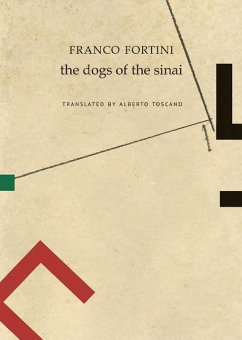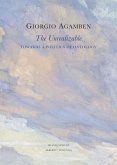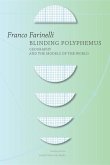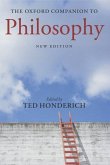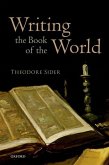A searing introduction to Franco Fortini, a Jewish communist and a major figure in postwar Italian intellectual life, The Dogs of the Sinai is a book against--against those who love to rush to the aid of the victors, against the widespread and racist contempt for Arabs, and against the celebration of modern civilization and technology that Israel embodies. It is also the book in which Fortini sought to clarify for himself his conflicted identity as an Italian Jew. An uncomfortably timely book, The Dogs of the Sinai combines polemic and autobiography with narrative and criticism in a terse and finely wrought reflection on politics, identity, and truthfulness in the period after the Six Day War of 1967. As topical today as it was forty-five years ago, this meditation against power is published alongside Fortini/Cani, a film by Jean-Marie Straub and Danièle Huillet, drawn from Fortini's essay. The film includes moving scenes of the author reading excerpts from his book against quiet landscapes. The Dogs of the Sinai is a powerful text from one of the most important intellectuals of the Italian New Left.
Hinweis: Dieser Artikel kann nur an eine deutsche Lieferadresse ausgeliefert werden.
Hinweis: Dieser Artikel kann nur an eine deutsche Lieferadresse ausgeliefert werden.

